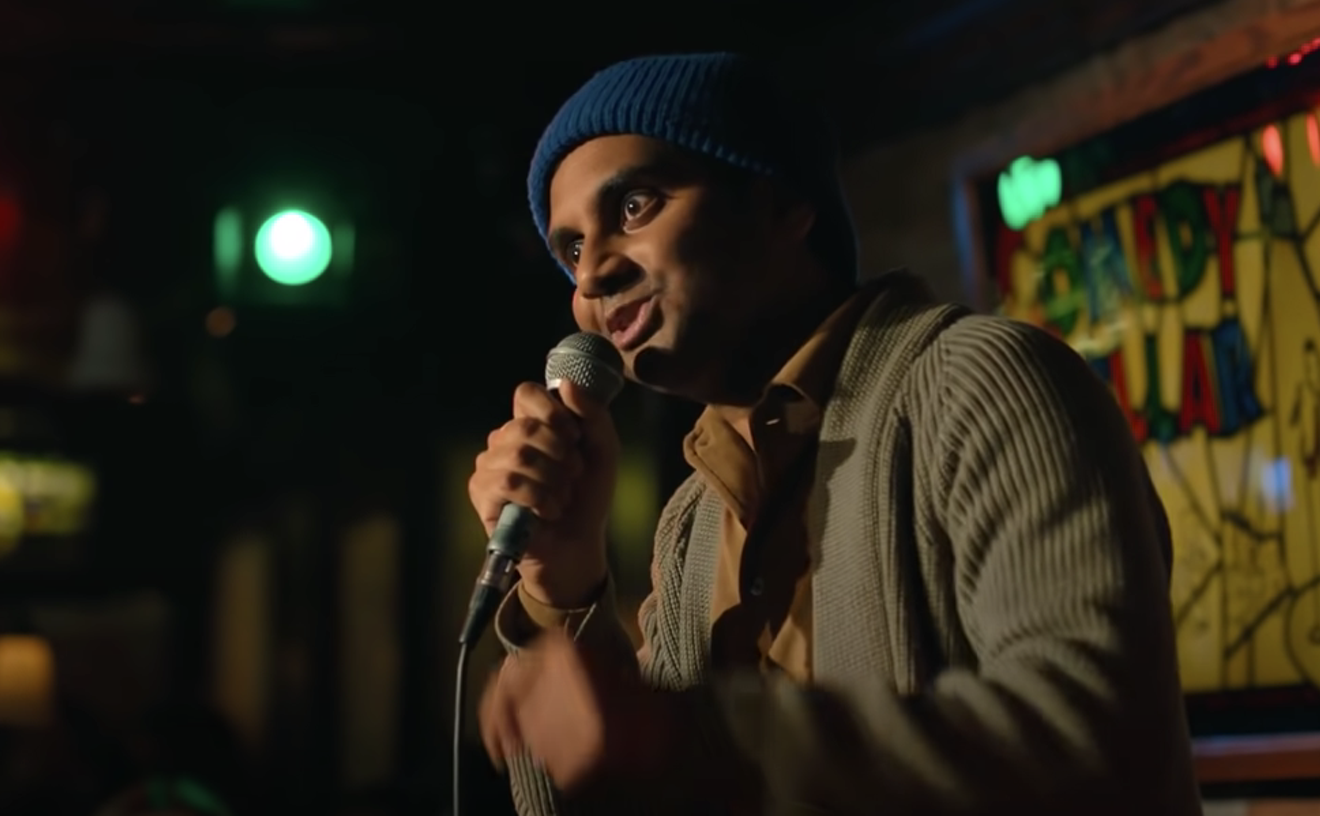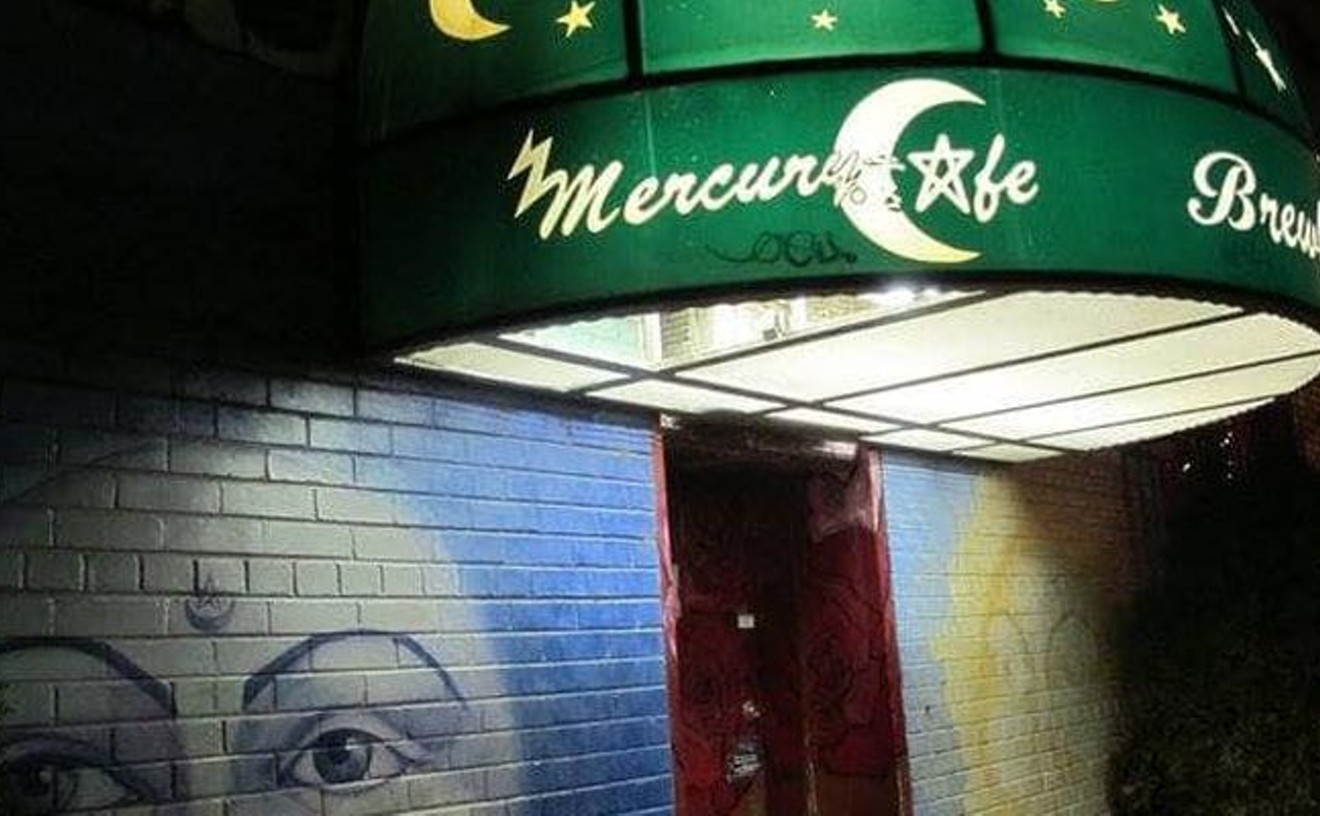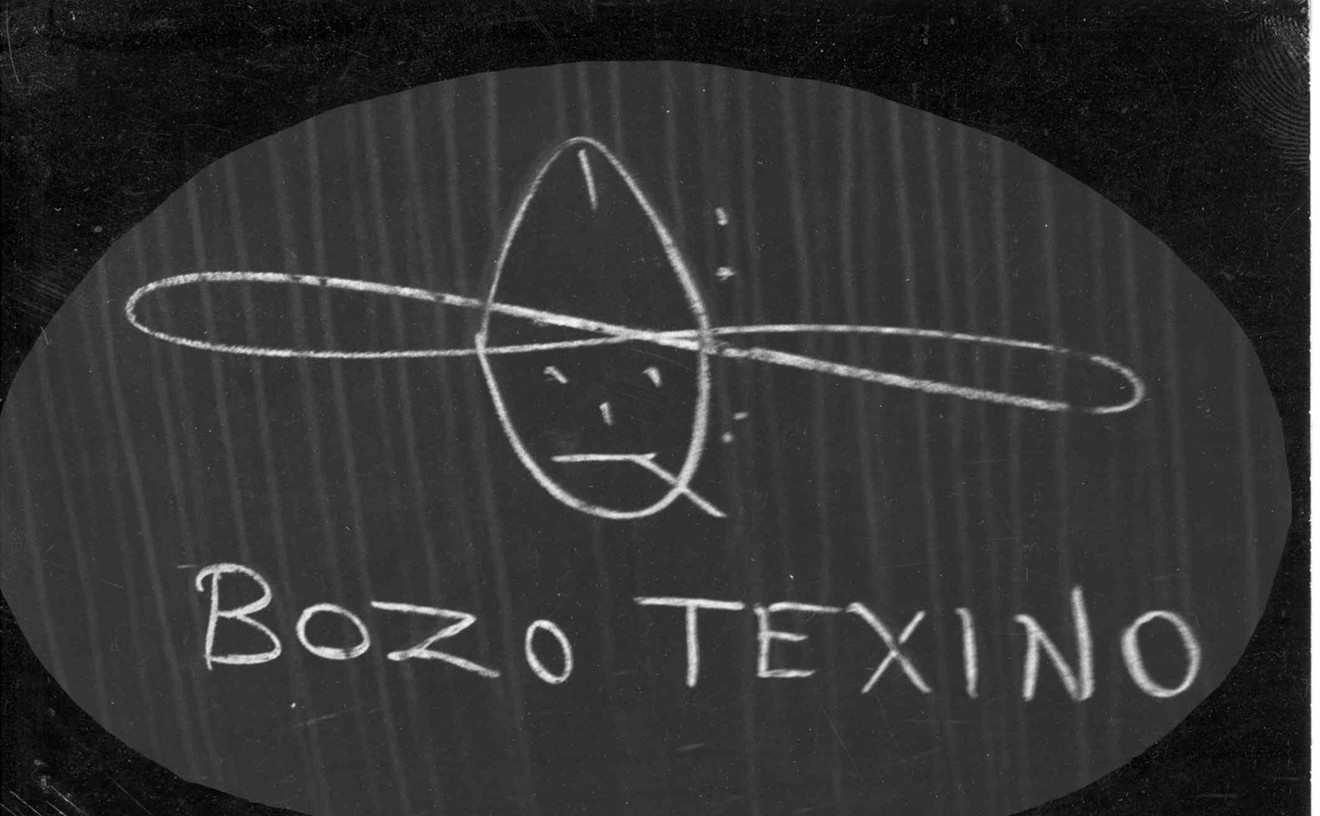See also: - Photos: Joe Philpott's avalanche death may have accidentally been caused by dog - Caleb Moore dies after X-Games crash in Aspen, first casualty in event's history - Garrett Spencer, record-setting 19th Colorado ski area death, being laid to rest
It's hard to describe the feeling you get when you first realize that someone you know is no longer alive. There's a vacancy somewhere near the midsection of your torso. There's also a lapse in time, a moment when whatever world you normally occupy is grotesquely distorted into a division of reality that's difficult to identify. And when the death is related to skiing, that reality is almost unrecognizable.
The first call came about five years ago. I was out of town (at a family get-together), and a friend on the other line started with a blunt, somber, "Did you hear?" "Hear what?" I replied. My friend then told me that a closer friend, Logan Jameson, had died in a skiing accident on a seemingly benign mountain that I'd grown up traversing.
I remember that call; the next thing I remember after that was walking into an open living area filled with bright lights, the smell of barbecue and people everywhere: talking, and talking, and talking. They just kept talking while I stood there, essentially rotting inside, numb, wondering how I was going to piece together my now shattered perception of reality.
The following week was fuzzy. The news of Logan's death affected me mentally more than emotionally -- until I was in a sports bar bathroom, and America's "A Horse With No Name" quietly crept out of the speakers and into my vulnerable head. I stood before a line of spotless porcelain urinals and wept: "A Horse With No Name" was his favorite song.
This event not only changed me, but my entire social circle. Up until this point, death was somewhat foreign to us. We'd had family members die, but they'd been older. In a way, we'd been batting 1000 without the slightest inkling of a strikeout to come. Logan's death wasn't supposed to happen. He was so young, vibrant, alive, ready to commence that twenty-something stage of life that comes heavily equipped with excess doses of freedom, love, true happiness and self-discovery. And it was all taken away in a split second because he landed the wrong way after catching some air on his skis.
Here's the thing: After Logan's death, I thought I'd never experience that horrible feeling again. But this past month, that all changed. In early February I received the second of these brutal phone calls, which brought the horrifying news that Peter Carver, whom I had known almost my entire life, had died in an avalanche.
Then two weeks ago, I received the third call: telling me about the death of Joe Philpott. "Did you hear?, the somber voice started. "Hear what?", I nervously replied, knowing all too well what was to come.
Three young men I'd grown up with; three lives claimed by winter. But why? Does every small-town kid living in the mountains suffer these types of losses? The occasional life taken by Mother Nature is not out of the ordinary -- but three friends within the span of five years? I didn't get it. I still don't. It's a simple yet wicked coincidence that I won't begin to try and rationalize. All I know is that all three were doing what they truly loved, and happened to be in the wrong place at the wrong time.The problem is, in addition to my friends who died doing what they loved, a number of freeskiing legends I grew up idolizing have died over the same time period. In 2009 Shane McConkey, perhaps the most decorated daredevil in skiing history, died in Italy while attempting to parachute off a cliff. The following year revolutionary freeskier C.R. Johnson died after falling down an exposed series of rocky cliffs in Squaw Valley, California. And in 2012 Sarah Burke, the Michael Jordan of women's freeskiing, died while doing a routine halfpipe run in Park City, Utah. If anything, these deaths reinforced the fact that no matter how good you are, no matter how protected you are, no matter how many times you've done a certain trick or taken a certain amount of avalanche-safety courses, the very act of skiing can be life threatening.
When I got the news that Joe Philpott had died, I was almost prepared for it. By now, I was almost jaded about death on the slopes.
I didn't know Joe too well, but like the other skiers mentioned above, he'd played a somewhat pivotal role in the early stages of my adolescent skiing years. If C.R. Johnson and Shane McConkey were my professional idols, Joe was my local hero. He was the first person I ever saw do a 360-degree spin at my modest but beautiful mountain, then known as Purgatory. He changed the way I viewed the sport of skiing. Before Joe, I ski raced just because all my friends were doing it. I wasn't any good and didn't enjoy it much, but in my mind if I wanted to ski, racing was the only option. In a way, Joe liberated me. From the first day I saw Joe, it was only a matter of time before I quit ski racing and joined a new movement known as "freeskiing."
In middle school and high school, skiing was my life. I probably spent more time reading magazine articles about C.R. Johnson, Shane McConkey and Sarah Burke than I did school textbooks -- or any type of book, for that matter. I wore ski apparel to school, bought the newest ski movies to hit the market and listened to whatever music my freeskiing idols had on rotation in their MP3 players -- often hardcore rap, which sadly convinced me I was much more "gangsta" than my upbringing in a small, Colorado mountain town had made me. In my old room at my parents' house is a magazine photo of Burke (she was gorgeous in more ways than one), several of Johnson and a McConkey action figure dangling from the ceiling. There's also a photo of Logan with me and the rest of our friends, huddled together after a long day of skiing.
I think about all these deaths often. Logic cannot explain how the most microscopic of adjustments -- a degree of a rotation, the path of a dog down a hill or a shift in balance from one ski to the other -- could have prevented these catastrophic misfortunes. But when I remember these bright human beings, I see one common thread: These people lived. The meaning of life may evade even the most intelligent philosophers, yet these people understood what it meant to be truly alive. They visited new places, they laughed, they breathed in deep gulps of mountain air, they felt the rush of wind passing through their hair and the feeling of accomplishment after achieving goals in their lives. They didn't wait for life to arrive someday; they made it come to them, ensuring that the very last thing life would do was pass them by.In the end, perhaps these people leaving the world doing the very activity we all loved is just Mother Nature's way of doing business. If that's the case, at the same time I wonder why she can be such a raging bitch, I'll also thank her for giving us the gift of skiing, and cherish the wonderful memories I have of those now in line to receive their Skiing Angel Certification.
Like the time I bumped into Peter several years back on the Fourth of July in Silverton, on a balmy, beautiful day high in the mountains. I hadn't seen him since high school. He was holding a bottle of tequila he'd acquired on one his trips outside the country, and we sat by the river bed -- sharing the bottle, catching up on old times, discussing future plans until the sky began to turn orange and we bid our farewells.
That was the last time I saw Peter. Silverton is also the place where he spent his last day on earth. I must have met over a hundred people that weekend, but Peter left the lasting impact. And I'll always remember what I thought as we parted: He sure knows how to live.
Follow @WestwordCulture










